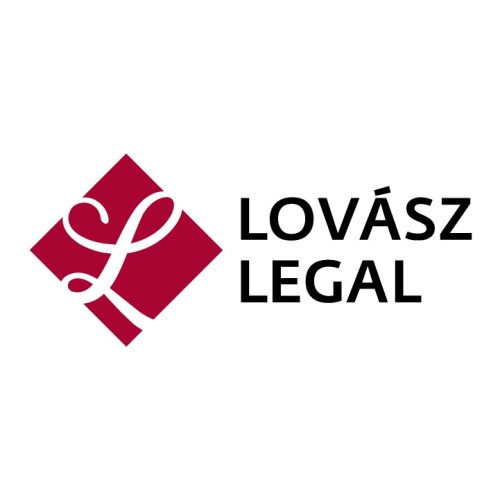Best Employer Lawyers in Bratislava
Share your needs with us, get contacted by law firms.
Free. Takes 2 min.
List of the best lawyers in Bratislava, Slovakia
About Employer Law in Bratislava, Slovakia
Employer law in Bratislava, Slovakia revolves around several key principles governed by the Slovakian Labour Code. This body of law covers areas such as hiring practices, working conditions, remuneration, termination of employment contracts, working hours, vacation time, and more. It's essential for both employers and employees to have a good understanding of these laws to ensure fair and lawful treatment in the workplace.
Why You May Need a Lawyer
Legal assistance can be necessary under several circumstances. For instance, if a company feels unsure about specific regulations or needs help creating employment contracts, advice from a lawyer would be beneficial. Additionally, should any disputes arise between an employer and employee regarding issues such as wrongful termination, wage disputes, or harassment, it's often critical to have a lawyer on hand. A legal expert can provide guidance and advocacy to either an employer or an employee, depending on the situation at hand.
Local Laws Overview
The Labour Code governs the following key aspects related to the employer in Bratislava: working agreements, termination procedures, wage and bonus directives, working hours, including overtime regulations, vacation or holiday allotments, maternity and parental leaves, and non-discrimination laws. It's crucial to familiarise oneself with these aspects to ensure compliance and fair treatment in all professional matters.
Frequently Asked Questions
What are the laws about termination of employment contracts in Bratislava?
In Slovakia, both the employer and the employee can terminate the employment contract. However, some conditions and notice periods apply, which are detailed in the Slovakian Labour Code.
How are working hours regulated in Slovakia?
The standard work week in Slovakia is 40 hours, typically spread over a five-day week. Any overtime work needs to be compensated accordingly and should not exceed 150 hours per year, unless agreed otherwise.
What are the laws regarding maternity and parental leave?
Both maternity and parental leaves are protected rights under Slovakian law. Mothers are eligible for a maternity leave of 34 weeks, which can be extended under specific conditions. Fathers are entitled to seven days.
What is the minimum wage in Bratislava?
The government adjusts the minimum wage in Slovakia yearly. As of 2022, it stands at €623 per month.
What rights do employees have regarding vacation time and holidays?
Employees are entitled to a minimum of four weeks of paid annual leave, while some employees, such as those under 33 or over 33 with disability, are entitled to five weeks.
Additional Resources
For more detailed information, consider visiting websites such as the Slovakian Ministry of Labour, Social Affairs, and Family, Slovak National Labour Inspectorate or the European Union Portal for Employment Law. Many local law firms in Bratislava also offer advice and further resources on their websites.
Next Steps
If you require legal assistance related to employer law in Bratislava, Slovakia, consider first seeking advice from a legal adviser or law firm specializing in employment law. Make sure to gather all relevant documentation before your consultation to ensure your lawyer has all the necessary information to best assist you.
Lawzana helps you find the best lawyers and law firms in Bratislava through a curated and pre-screened list of qualified legal professionals. Our platform offers rankings and detailed profiles of attorneys and law firms, allowing you to compare based on practice areas, including Employer, experience, and client feedback.
Each profile includes a description of the firm's areas of practice, client reviews, team members and partners, year of establishment, spoken languages, office locations, contact information, social media presence, and any published articles or resources. Most firms on our platform speak English and are experienced in both local and international legal matters.
Get a quote from top-rated law firms in Bratislava, Slovakia — quickly, securely, and without unnecessary hassle.
Disclaimer:
The information provided on this page is for general informational purposes only and does not constitute legal advice. While we strive to ensure the accuracy and relevance of the content, legal information may change over time, and interpretations of the law can vary. You should always consult with a qualified legal professional for advice specific to your situation.
We disclaim all liability for actions taken or not taken based on the content of this page. If you believe any information is incorrect or outdated, please contact us, and we will review and update it where appropriate.














